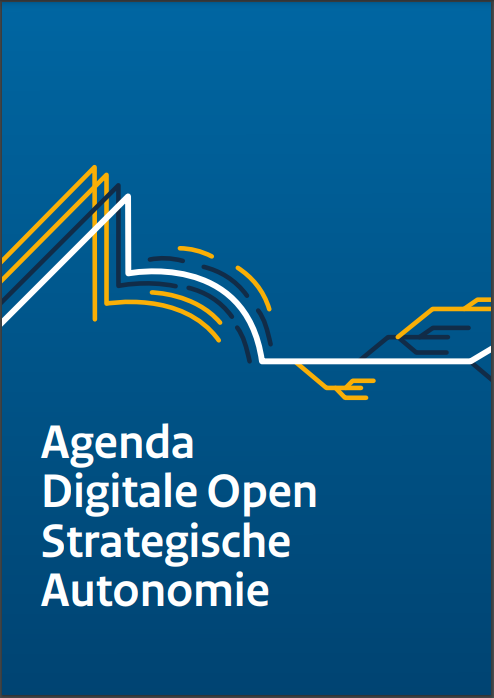
The Dutch government, in October, published its agenda for Digital Open Strategic Autonomy (DOSA) alongside a letter to the House of Representatives from the Minister of Economic Affairs and Climate. The policy framework aims to address strategic dependencies in the digital sector while promoting open strategic autonomy.
One of the key areas of emphasis within this framework is investments in open source software and the open source ecosystem. By investing in open source solutions, the Netherlands seeks to reduce its reliance on proprietary software and strengthen its digital autonomy. There, the strategy highlights the importance of encouraging the responsible and secure use of technology in the Netherlands and Europe.
The document first notes the ongoing actions which are successfully running as part of the existing “Open Unless” approach, from the creation of an OSPO in the Interior Ministry to the establishment of a framework that will facilitate the adoption of open source in government.
The Dutch government recognises the need to strike a balance between fostering innovation and protecting citizens rights. There, open source would support this balance by providing a level playing field for businesses and promoting inclusivity and diversity in the digital domain. It enables smaller players to innovate and participate in the digital sector, reducing the dominance of a few large corporations. Furthermore, open source software is closely related to the promotion of open technology standards, another cross-cutting priority within the policy framework which aims to ensure interoperability and compatibility among different systems and applications. The agenda therefore plans for the potential creation of a Digital Sovereignty Fund and for adjustments to be made to procurement policy to enable easier use of open source in the administration.
This agenda also highlights the need for cooperation with key like-minded countries and partners on strategic technologies including the European Digital Infrastructure Consortium and the official knowledge network led by the OSPO of the European Commission. By investing in open source solutions, the Netherlands hopes to collaborate more effectively with other countries that share the same vision for a secure and open digital environment.
The document mentions interest in using an open source office suite, moving away from Microsoft 365 office and Google Workplace, but notes that the open source options “often don’t have the same functionality as the large technology companies” and that “to migrate to European market offerings, investment would be needed at the European level into practical, usable alternatives”.

